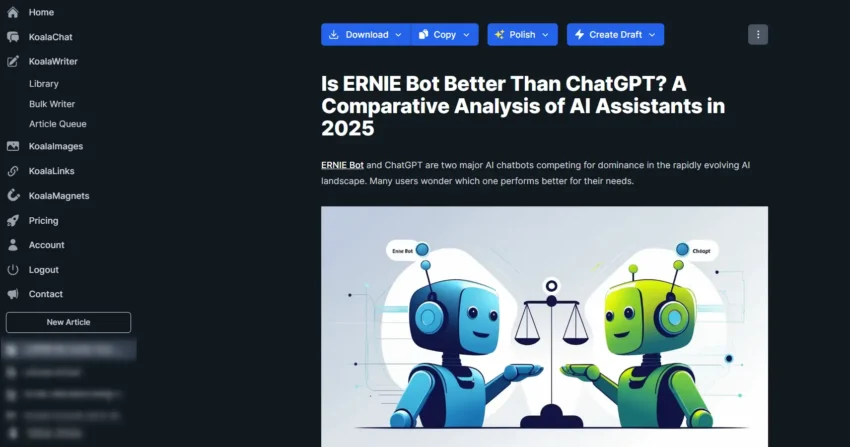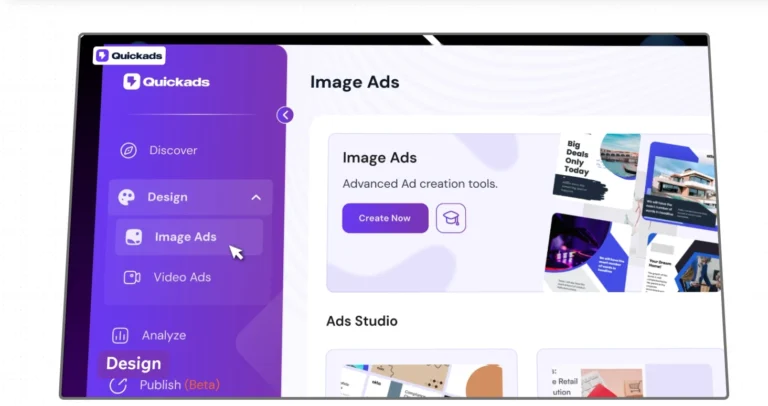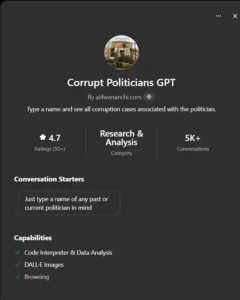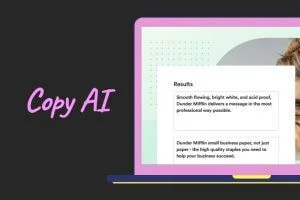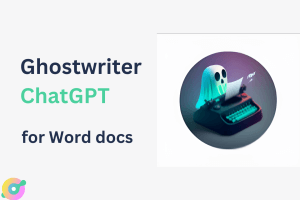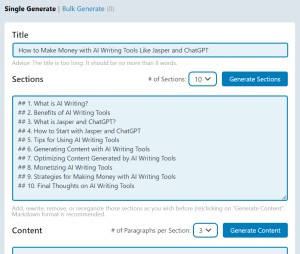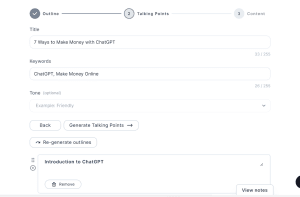Legal AI tools are changing how lawyers work. These tools help with tasks like writing emails, doing research, and summarizing cases.
Lawyers are using AI for drafting communications, legal research, and summarizing legal narratives.
Legal AI tools can make your legal work faster and easier. They help you find important information in court documents and spot trends. This saves you time and lets you focus on more complex tasks.
Some AI tools can even help with contract drafting and review. They use advanced language models to understand legal text. This means you can create and check contracts more quickly and accurately.
Overview of legal AI tools
Legal AI tools are changing how lawyers work. These smart programs help with many tasks, from research to writing. They save time and boost accuracy.
Definition and evolution
Legal AI tools are computer programs that use artificial intelligence to help lawyers. They started simple but have grown more complex.
Early tools did basic searches. Now they can read contracts and spot issues.
Today’s AI can understand legal language. It can even predict case outcomes. The growth has been fast, with new features added often.
Legal AI tools now cover many areas of law. They help with contracts, research, and even court cases. As they improve, they handle more complex tasks.
Key features and capabilities
Legal AI tools have many useful features. They can review contracts quickly. This saves lawyers hours of work. They also help with legal research, finding relevant cases fast.
Some key abilities include:
- Document review
- Contract analysis
- Legal research
- Case outcome prediction
- E-discovery
These tools are getting smarter. They can now write legal briefs and memos. Some can even answer legal questions.
AI writing tools help lawyers draft documents faster. They suggest text and catch errors. This makes writing easier and more accurate.
Risk assessment is another key feature. AI can spot potential issues in contracts. It flags problems before they become big issues. This helps lawyers protect their clients better.
Adoption in legal practice

a) Document review and management
AI speeds up document review tasks. Lawyers use AI to draft and template communications like memos and emails. This saves time on routine paperwork.
AI tools can quickly scan through thousands of documents. They flag important information and spot patterns humans might miss. This helps with:
- Contract review
- Due diligence
- eDiscovery
AI doesn’t replace lawyers, but it makes them more efficient. It frees up time for higher-level strategy and client work.
b) Legal research and analysis
AI makes legal research faster and more thorough. It can:
- Search case law and statutes
- Find relevant precedents
- Summarize key points
53% of lawyers now use AI for legal research. AI tools go beyond simple keyword searches. They understand context and can find related concepts.
This helps lawyers build stronger arguments, much faster. It also ensures they don’t miss important information.
Litigation prediction
AI analyzes past case data to predict litigation outcomes. It looks at factors like:
- Judge’s past rulings
- Similar cases
- Settlement amounts
This helps lawyers make better decisions about whether to settle or go to trial. It can also guide case strategy.
AI predictions aren’t perfect. But they give lawyers valuable insights to complement their expertise.
Ethical considerations and compliance

You need to think carefully about privacy, fairness, and following the rules when using AI in your legal work.
a) Data privacy and security
When using AI tools, you must protect client information. Many ethical rules apply to how you handle sensitive data. Here are key things to keep in mind:
- Store data securely using encryption
- Limit access to only those who need it
- Have clear policies on data retention and deletion
- Be careful about sending data to third-party AI services
You should also tell clients how you use AI and get their consent. This builds trust and follows ethical guidelines.
b) Bias and fairness
AI systems can have unfair biases. This is a big concern in legal work. You need to watch out for:
- Biased training data leading to unfair results
- Algorithms that discriminate against certain groups
- Lack of diversity in AI development teams
To address this, carefully check AI outputs for bias. Use tools from different vendors to compare results. Have humans review important AI-generated work.
c) Regulatory landscape
Rules about AI in law are still developing. You need to stay up to date as things change. Key areas to watch:
- Bar association guidelines on AI use
- Court rules about AI-generated content
- Data protection laws like GDPR
- Sector-specific regulations (finance, healthcare, etc.)
Legal teams must balance using AI’s benefits with following ethical and legal standards. Work with your firm’s ethics committee to create clear AI policies.
This helps you use AI tools properly and avoid issues.
Future trends and developments
AI tools for lawyers are set to transform the legal industry in exciting ways. By 2030, these tools will likely become even more advanced and integrated into daily legal work.
Legal research will get faster and more accurate. AI systems will scan millions of documents in seconds, finding relevant cases and statutes for you.
Document review and contract analysis will be streamlined. AI will quickly spot key clauses, risks, and opportunities in long contracts.
You’ll see more AI-powered legal writing assistants. These will help you draft documents, emails, and briefs more efficiently.
Predictive analytics will improve. AI will analyze past case outcomes to help you gauge the likely results of current cases.
Client communication may change too. AI chatbots could handle basic client inquiries, freeing up your time for complex matters.
Ethics and regulations around AI in law will evolve. You’ll need to stay informed about the latest guidelines for using these tools responsibly.
Lawyer roles may shift towards being “AI pilots” – experts at leveraging AI tools to enhance legal services.
Key areas to watch:
- AI-powered legal research platforms
- Automated document review systems
- Predictive analytics for case outcomes
- AI writing assistants for legal documents
- Ethics guidelines for AI use in law
Frequently asked questions
AI tools are transforming legal work. Lawyers use them for research, writing, and case analysis. Here are answers to common questions about AI in law.
What are some free AI tools available for legal professionals?
Free legal AI tools can help lawyers with basic tasks. Casetext offers a free plan for legal research. Google Scholar lets you search case law at no cost. ChatGPT has a free version for general writing help.
How can artificial intelligence be applied in legal research?
AI speeds up legal research. It can find relevant cases and laws quickly. You can use AI to summarize long documents and spot key issues. Some tools even predict case outcomes based on past rulings.
What are the top-rated AI tools specifically designed for criminal defense attorneys?
Criminal defense lawyers have special AI tools. Case Crunch helps predict case outcomes. Ravel Law shows judges’ past decisions on similar cases. Both can give you an edge in planning defense strategies.
Which AI tools are best suited for summarizing legal cases efficiently?
ROSS Intelligence is great for case summaries. It boils down long opinions into key points. LexisNexis Case Brief Generator also creates quick summaries. These save you time when reviewing many cases.
What legal AI applications are available to assist law students?
Law students can use AI to learn faster. Quimbee has AI-powered case briefs and quizzes. BARBRI uses AI for personalized bar exam prep. These tools help students grasp complex legal concepts more easily.
How does AI contribute to legal writing and document drafting?
AI improves legal writing in many ways. It can suggest better phrasing and catch grammar errors.
Some tools, like Contract Express, automate document creation. This lets you draft contracts and pleadings more quickly.

